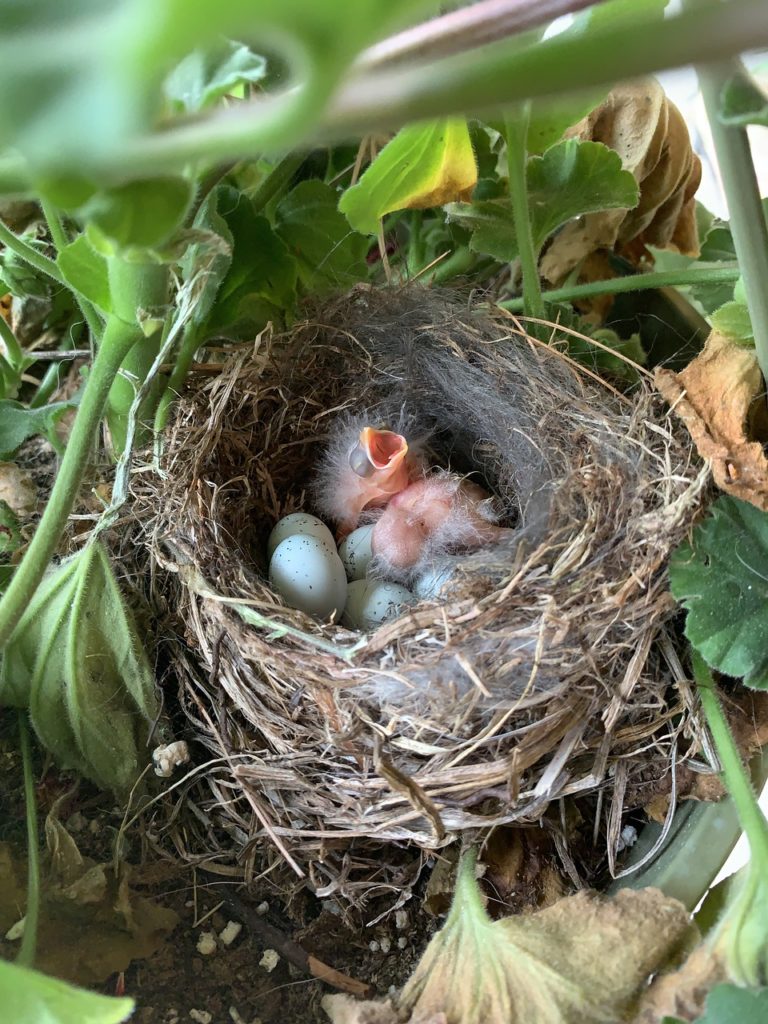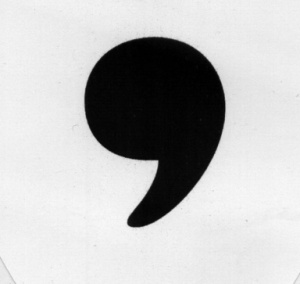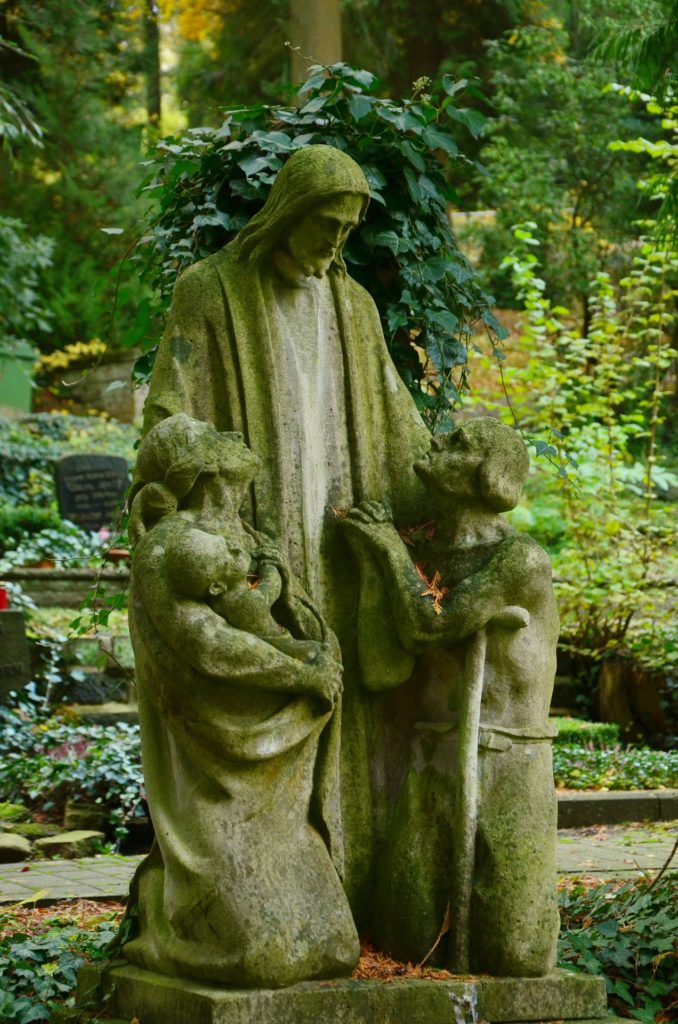
“We are all rough drafts of the people we’re still becoming.”
Bob Goff
To be, or to become–which is the question?
Be: Life is a state, a fate, an accomplishment, a fortress we defend, a task from which we escape.
Become: Life is change, constant movement, a journey, a path we travel, a dance with ever changing steps.
Be: Life is a true or false test, with one chance to pass.
Become: Life is a story, and its end will astound us all.
Be: I am what I am, and nothing’s going to change.
Become: Change your mind, your habits, your distracting allegiances, and become someone new–today.
But We Fear Change
But change alarms us. Consider this powerful, poetic insight: “We would rather be ruined than changed. We would rather die in our dread than climb the cross of the present and let our illusions die.” W. H. Auden
- We love our illusions–our shiny self-image, our cocoon of comfort, and elusive security.
- We fear our crosses–refusing to die to rampant self-interest, our ravenous egos, the whimpering voice inside demanding certainty and control.
The truth is, there is no neutral ground. By default, we become something, in response to what we love or fear. We are changed by our choices (or the strongest voices), over time feeling more at home with Heaven or with Hell.
We Become Addicted to Change
I recently read a thoughtful (and, in some ways horrifying) interview with Mark Zuckerberg. Without a doubt, this brilliant young man has single-mindedly changed the way we do relationships–not to mention, how some of us vote. Evidently, the informal corporate motto for Facebook has been, until recently, “Move fast and break things.” As one top manager admits, “We believe in the religion of growth.”
Well, the gods of growth have granted them favor, judging by the number of us with phones glued to our hands. The population of Facebook now exceeds the number of Christians in the world.
Certainly, there’s a problem, as a former Facebook executive candidly shares. “The short-term, dopamine-driven feedback loops that we have created are destroying how society works–no civil discourse, no cooperation, misinformation, mistruth…I feel tremendous guilt.”
In the New Yorker interview, Mr. Zuckerberg seems genuinely puzzled as to how to fix what his team so merrily broke. Which algorithm could restore us? Sadly, as history reveals, human effort can make us great–but even the brightest Tech thinkers don’t know how to make us good.
And greatness without goodness makes monsters of us all.
So, Change and Become Your True Self
In our series, An Alphabet of Life: Wisdom Learned in the Verbs, we continue with another common human question: “Who am I?” The Bible answers the bigger question behind it first, and then responds to ours:
- Bigger Question #1: What is God like? Can I trust him today, and always?
- Our Question #2: Who am I? Who am I meant to become?
We find the answer to the second question hidden in the answer to the first. What do I mean? Here’s an example.
An Example from Psalm 103
Question #1: What is God like–can I trust him? Answer (a brief summary): God is merciful, gracious, slow to anger, abounding in steadfast love. He’s the good and true Ruler and Judge over all heaven and earth, who heals, forgives, and redeems; a compassionate Father who “remembers that we are dust.”
Question #2a: Who am I? Answer (a summary): Like grass and wild-flowers, you are fragile and fleeting, yet surrounded by, crowned with, the faithful, generous love of God (as described in answer #1).
Question #2b: And, who am I meant to become? Answer: God’s beloved child, strongly resembling him (as described in answer #1).
Do you see how human identity and purpose come wrapped in the character of God?
The Key
But, how do we become like God, rather than his opposite? We return to the first question, “Can I trust him?”
For instance, when faced with a choice, what scale weighs your decision? The approval of others? The best financial outcome? What feels most pleasurable, comfortable, or secure?
The scales we use reveal who we really trust. And, who we trust determines who we become.
God, may my choices reflect your loving plan for this world, and in this way become my true self.
Thanks for meeting me here! You can subscribe to this series by scrolling to the very bottom of this page. Join us next time for Cling in our Alphabet of Life.









